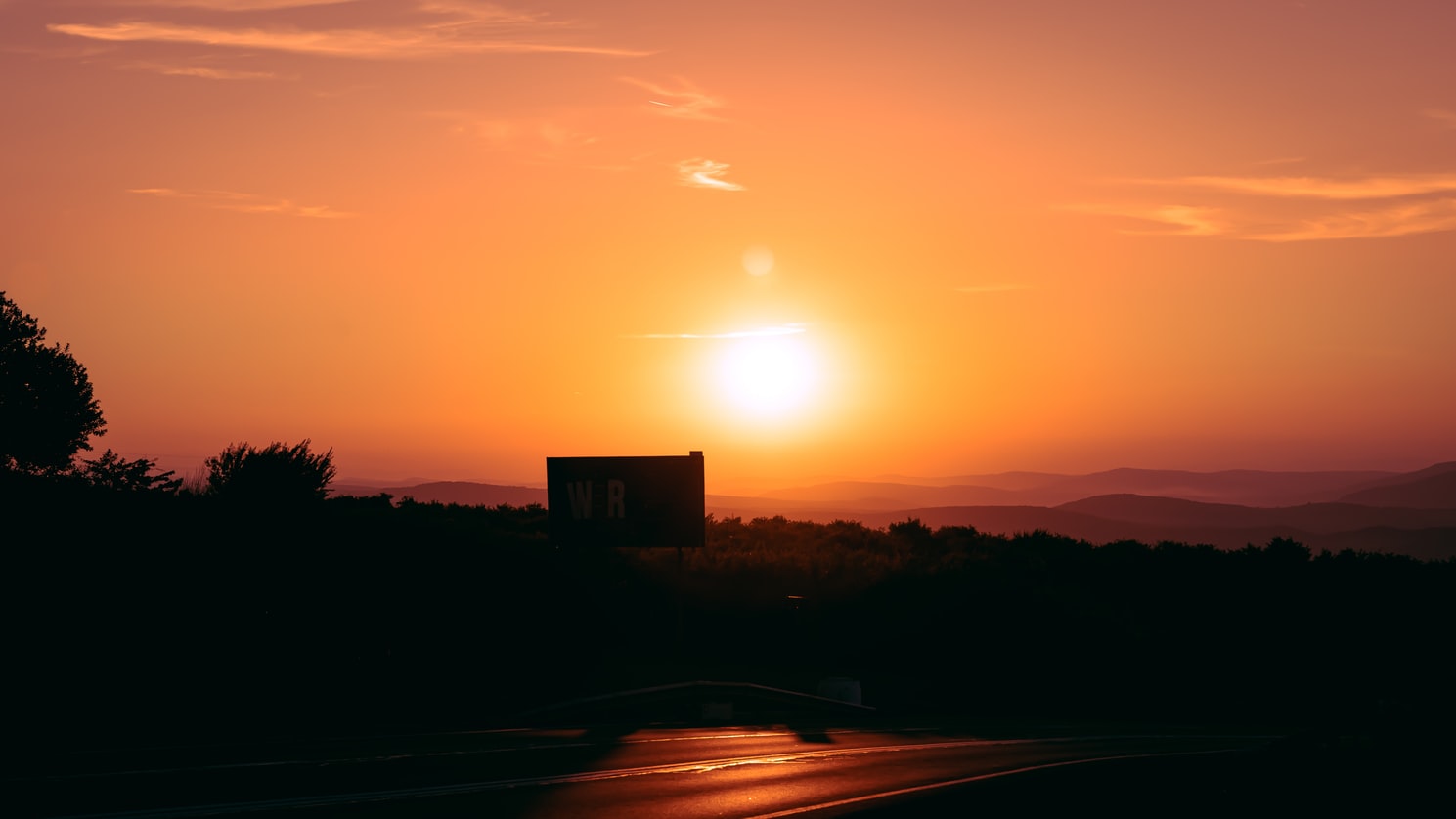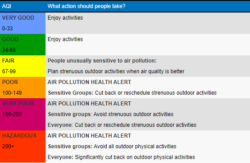
Sun, smoke and heat-stroke: Tips for surviving the summer
Bushfire smoke lingers, the evenings won’t cool down and we’re sweating. This feels like summer times one thousand.
Here are our top tips for surviving this summer.
1. Stay hydrated.

This one seems obvious, however heat stress will definitely ruin your day. On a hot day you should be drinking between 2 and 3 litres of water. Juice, tea and coffee do count towards your daily water intake. The best way to tell if you’re hydrated is to look at your pee. If you’re producing light coloured urine about once every 3-4 hours, that’s a pretty good indicator that you’re well hydrated.
The early signs of heat stress are feeling hot, being flushed in the face and feeling fatigued. If these symptoms hit, seek a cool place to rest and drink plenty of fluids. If you still feel rotten after these steps, you need to go to hospital.
2. Prep your home for heatwaves.
There are a number of things you can do to prepare for the heatwave. The Bureau of Meteorology gives their heatwave assessments here, so you can keep an eye on upcoming heatwaves.
Make some ice cubes. Buy some icy poles if you fancy. If you are reliant on bottled water, stock up. Keep blinds and curtains closed against the heat of the day. If you have awnings, draw them down low over windows. If you don’t have fans, go out and buy some!
Something I enjoyed while studying over a scorching Trimester 3 summer, was to freeze some wet face washers. When it gets unbearably hot, pull one out of the freezer, let it soften a little bit and put it on the back of your neck.
3. Seek air conditioning.
If home is too hot, visit your local library, cinema, art gallery or shopping centre. Soak up a little bit of their air conditioning!
4. Slip, slop, slap…
These days it’s slip, slop, slap, slide and seek shade. Maybe that doesn’t sound as catchy anymore, but sun safety is very important. Two in three Australians will be diagnosed with skin cancer by the time they’re 70. Ninety-five percent of melanomas are caused by UV exposure!
Make sure you’re applying at least SPF 30+ sunscreen every day. This is necessary to protect your skin from even incidental sun. A wide-brimmed hat should become your best friend. Wear clothing that covers as much skin as possible. Natural fabrics with a tight weave will be both cool and sun-protecting, such as cotton, linen and hemp. While you’re at it, wear a rashie at the beach, slide on a beach cover up and wear sunglasses! And of course, seek shade! You’ll feel a lot better in a shady spot than out in the sun.
5. Look after each other!
This includes our human and furry friends. Check in on your family, friends and neighbours during heat waves, especially the elderly, the young and anyone sick.
And when it comes to pets, ensure they have shade and enough cool water to last an entire day. Put ice cubes in your pet’s bowl to keep the water cooler for longer. If concrete or pavers are too hot for the back of your hand, it’s too hot for your doggo’s paws.
6. Keep an eye on the Air Quality Index and follow the health guidelines.
The Air Quality Index helps us understand air pollution. For many parts of NSW and Queensland, the air has been hazy with bushfire smoke for weeks, if not months. Once the Index is over 150, it is recommended that everyone cut back on strenuous outdoor activities. If the Index is over 200, the recommendation is to cut back on outdoor activities altogether. And if you have asthma, heart or respiratory conditions, the cut back on activities starts at an Index of 100. Check the AQI for NSW here.

Image: NSW Health
If you’re thinking about buying some masks to protect your lungs from the smoke, they need to be at least a P2 rating. These can be bought from hardware stores. Make sure the mask creates an airtight seal around your nose and mouth.
7. And finally, keep an eye on bushfire warnings.
Large areas of NSW and Queensland have been burning for months. While there might not be a fire near you right now, fires can start and spread quickly in hot and windy conditions. Follow the recommendations of your state’s fire services. As the NSW RFS is recommending – over coming days ask yourself: When will you leave, what will you take and where will you go?
Sit down with the people in your household and make a bushfire plan. The NSW RFS has some handy checklists for preparing your bushfire plan and preparing your home. If you are considering whether you would leave or stay when fire threatens, keep in mind that you should only stay if your home is very well prepared. Consider also whether you would be putting anyone at risk by staying. Even trained firefighters can find it challenging to defend properties. If it safest to leave a bushfire threatened area early.
If you see smoke and were thinking about calling the emergency services, remember that you only call 000 if you see an unattended fire.
Click on your state or territory to see your fire warnings: NSW, Queensland, Victoria, ACT, South Australia, Western Australia, Tasmania and Northern Territory.
If you have been affected by bushfires, power outages – or are having other trouble with your study – get in touch. We can help you navigate the bumps in the road. We are completely free, independent and confidential. If we cannot directly assist you, we can put you in touch with UNE support services that best suit your circumstances.
We can be contacted at advocacy@une.edu.au or on (02) 6773 3116. If you’re on campus, feel free to visit our office in the Arcade, to the north of Café Life.
For more Advocacy & Welfare updates you can find us on social media.
Instagram: @AdvocacyWelfare
Facebook: AdvocacyWelfareUNE
Or if you’re looking to connect with more UNE students check out the Student Social Directory.


